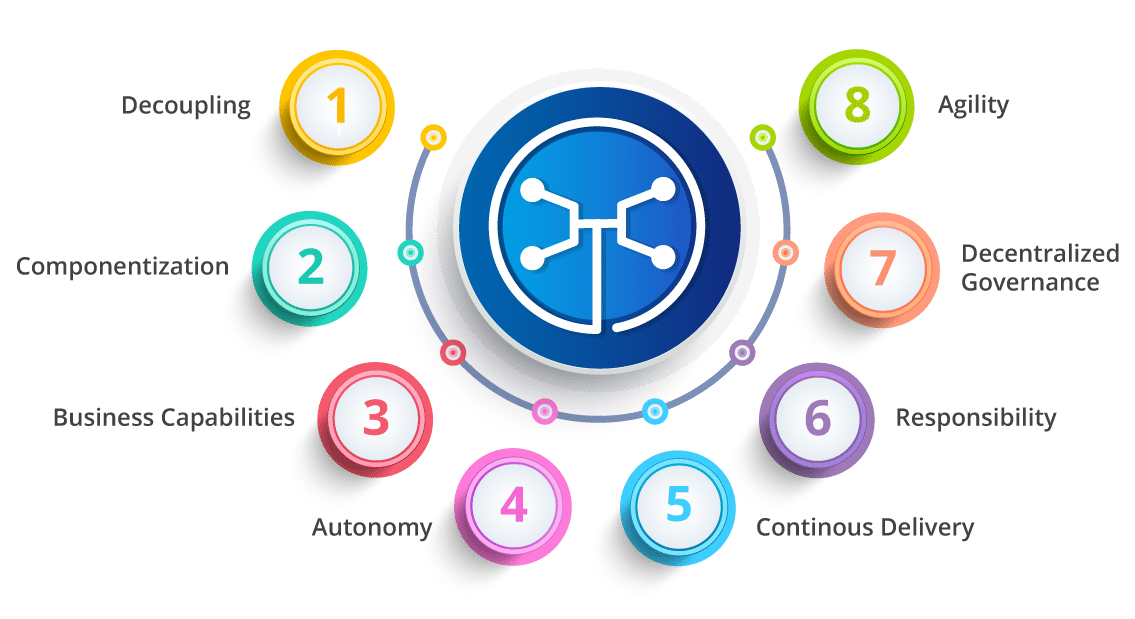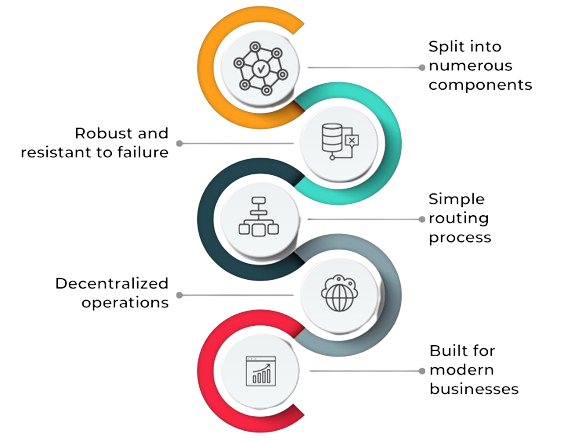"Microservices architecture, powered by .NET Core, revolutionizes software development with its scalable and resilient approach. By breaking down monolithic applications into independent services, organizations achieve agility and scalability. This introduction highlights key microservices concepts and demonstrates how .NET Core facilitates the design and deployment of distributed systems for modern applications."

Unveiling MicroService's Advantages:
- Scalability :
Microservices allow for scaling individual components independently, enabling efficient resource allocation and optimal performance.
- Flexibility and Agility :
By breaking down applications into smaller, modular services, developers can iterate, update, and deploy changes more quickly and with less risk to the overall system.
- Resilience :
Isolating services minimizes the impact of failures, ensuring that the system remains operational even if one service experiences issues.
- Improved Fault Isolation :
Issues within one service are less likely to affect other parts of the system, enhancing fault isolation and making troubleshooting and debugging easier.
- Improved Performance :
Microservices can be optimized for specific tasks, leading to improved performance and responsiveness compared to monolithic applications handling multiple functions.
- Easier Maintenance and Updates :
Smaller, focused services are easier to maintain, update, and refactor compared to monolithic applications, leading to reduced complexity and technical debt over time.
- Enhanced Fault Tolerance :
With services isolated from each other, failures in one service are less likely to cascade throughout the system, improving overall fault tolerance and system reliability.
